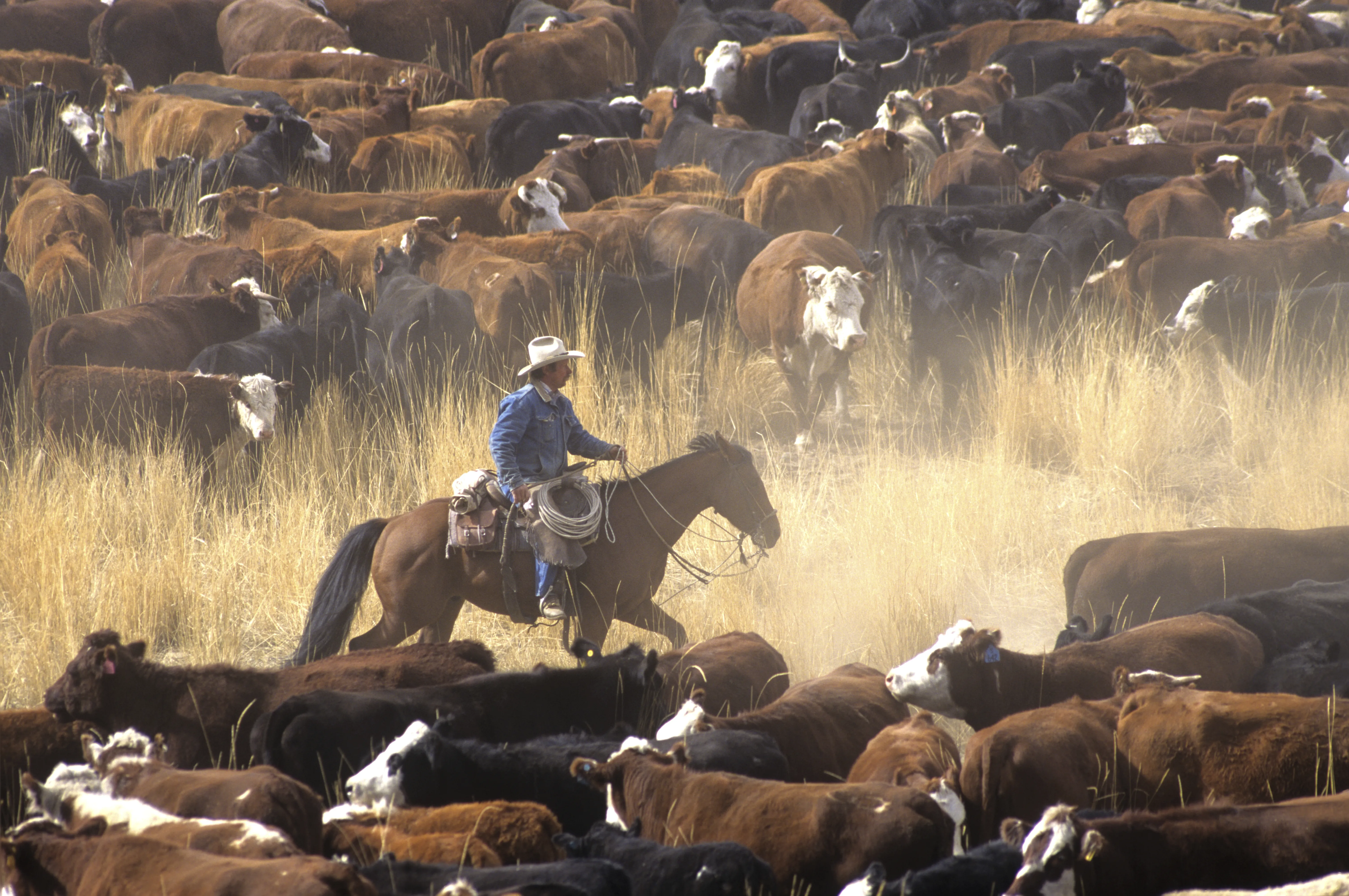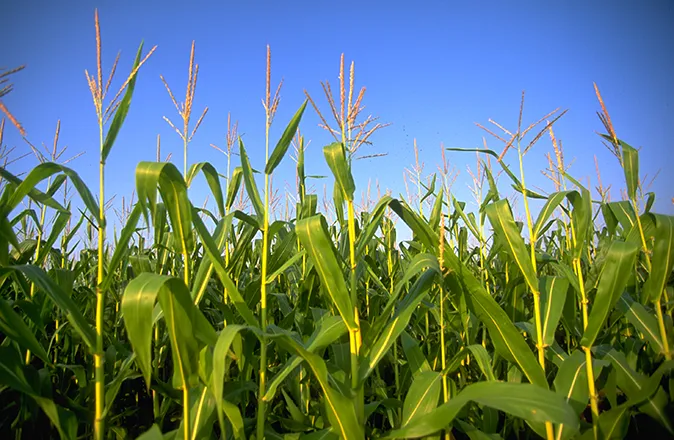
Department of Ag asks states to issue food benefits early – 220,000 Colorado families affected
In response to the partial federal government shutdown, the U.S. Department of Agriculture has asked states to issue February’s Supplemental Nutrition Assistance Program (SNAP) benefits early - by January 20 - which has the potential to affect 220,000 Colorado families.
The early issuance of benefits also means that Colorado SNAP recipients whose eligibility is due for recertification at the end of January need to submit required documents as required immediately in order to receive food benefits for February. It is imperative that SNAP recipients whose food assistance eligibility is up for redetermination are processed no later than noon January 15 to ensure they receive February benefits on the expedited timeframe.
“We need help from the media and our friends and partners in the advocacy world and the counties to help us get the word out to vulnerable Coloradans,” said Ki’i Powell, Director of the state’s Office of Economic Security, housed at the Colorado Department of Human Services. “We need folks to understand how important it is to act quickly so they won’t see a disruption in their benefits.”
Colorado families receive approximately $55 million per month in SNAP benefits.
The early release of benefits is not additional funding. This effort is intended to get February benefits to eligible recipients before current funding for the program lapses as a result of the partial federal government funding. If the federal government shutdown continues, benefits may not be available after February.
Furloughed federal government employees who are in need are also encouraged to apply for SNAP.
If the shutdown continues, local food banks and social service agencies may see an influx of clients who are seeking aid elsewhere. Powell, of CDHS, said the Department is encouraging Colorado communities to donate funds to or volunteer their time at local food banks or social service agencies.
















